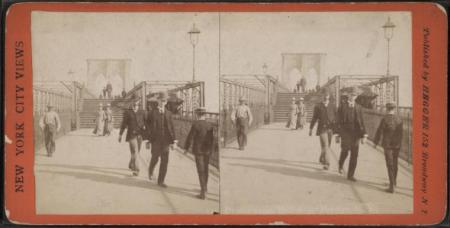Interviewing The Elderly
As investigators we find victims' in every walk of life, and in every stage of life as well. Many times a case will come in involving an elderly victim. Whether it's a robbery, fraud or even family related victimization, getting the answers is what we're all about right? As most of us know, sometimes communicating with another generation, be it before or after our own can be difficult. There are gaps in our philosophies, thought processes and styles of communicating to name only a few. There are however some basic "go by's" that I believe make it easier to get what you need from an elderly person, be they victim or witness. Again, these are basic and every person is different unto themselves as they move through an event:
First thing is to remember that as in other generations, there are all different levels of a persons ability to communicate. There are 75, 80 and 85 year old people who span the spectrum in their ability to recall what has happened and/or what they have seen. Don't assume that because you are interviewing an elder they cannot hear you well. Speak in a normal tone and judge from there if you have to raise your voice a little for them to hear you. It's a mistake to begin speaking in a loud voice or try to over simplify your words. The person may feel like they are being spoken down to and you will begin to shut them down before you even get started.
Make sure you show respect. If you are speaking with an elderly person, don't forget they come from a different time where elders were given respect. First of all they deserve that... and usually expect it too!
Allow time for the interview. This is a mistake that is made with all types of victims,witnesses and offenders alike, not just the elderly. When we all began our careers in pretty much the same way; running from one problem to the next, we were focused on getting there, getting the basics; "Just the facts Ma'am"...and moving on to the next one. Well, now we are tasked with getting beyond the basics and that takes time. Don't be in a rush (even if you are) and do not allow the person your are interviewing to feel your desire to get the info and take off. You may have to spend some time and allow the story to unfold. You can and should guide them in the direction you need to go and help them stay on track if they "wander".
"You" may have to answer questions! Some elders fee like they have lived long enough to say whatever they want to. That may come in the form of asking you anything from how much you are being paid to how did you get their name or any other number of questions that might seem inappropriate. Be prepared to answer as tactfully and diplomatically as you can.
Always leave the "door open" for additional information. This may be as simple as leaving your business card to going back another day and asking the same questions in a different manner or sequence.
In summary, an interview with an elder may be as routine as any other you have conducted or may leave you emotionally drained based on the individuals abilities and willingness to talk...be patient, respectful and know when it's OK to joke around a little bit. You'll know that by some of the responses you get and your subjects overall demeanor. These encounters can be extremely rewarding if handled properly.

